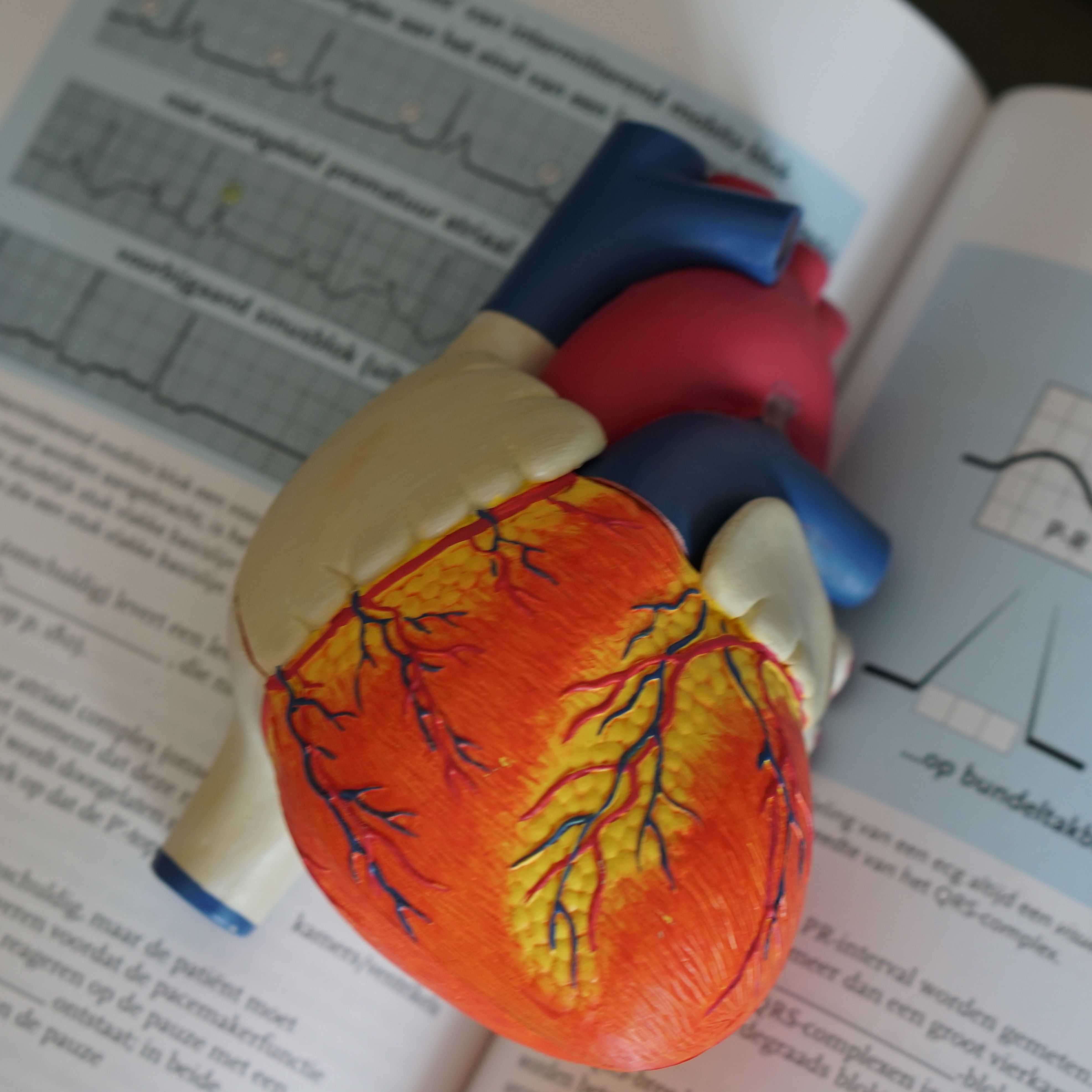Heart Education: Knowledge Saves Your Life
A longtime clinician writes on the signs and risks of fatal heart attack events, including the Widowmaker.

Even gazing at his face on the computer screen, I could feel his concern. He was 21 years old and seeking a consult with a cardiologist. He was not worried about a problem he had at the moment, but his future. In this horrific time of the COVID virus, this young college student applying to medical school was aware of the much greater and longstanding pandemic—the heart attack.
His father, age 62, had already had 2 heart attacks (myocardial infarctions) and five “stents” placed inside of the arteries of his heart. The young man had seen doctors in the last few months about sinus problems, and on 3 occasions he was told that he had high blood pressure. His family doctor had ordered recent blood tests for him and told him that his cholesterol was “a little high.” He wanted to know if I could help him avoid the fate of his father as he got older. I was confident that I could.
In reality, his father was fortunate. He had suffered from heart attacks due to a buildup of cholesterol inside of his heart arteries but had survived. So far, he had avoided the final wrath of what cardiologists called “The Widowmaker.”
I first heard the term Widowmaker when I was a medical student, struggling to learn to deal with the loss of too many of the heart attack patients I was seeing in the hospital. Many of these unfortunates were men who had a severe blockage of cholesterol and a blood clot in the major artery of their heart, their condition often unrecognized until the blockage was complete, and destroyed the heart muscle beyond repair. The result was a heart attack, often resulting in sudden death from abnormal electrical changes in their scarred heart muscle, or a chronic heart muscle malady, a condition known as congestive heart failure.
I have spent the last 40 years chasing the Widowmaker. The advances in the knowledge and success of how to treat and prevent the heart attack have been breath-taking. My career on the “frontline” of the emergency room and the cardiac care unit has brought me enormous satisfaction, allowing me to save so many lives and also educate younger physicians in the science and art of cardiology. But I didn’t think I was finished. I want to share my knowledge with as many people as possible.
Often medical facts are too cold and abstruse for the uninitiated in the medical sciences to absorb and apply to their own lives and care. Below are some key things you need to be aware of so you can remedy the malady, avoid the Widowmaker, and maintain good health.
Three untold signs that are overlooked that could be critical warning of arteriosclerosis of the heart’s arteries:
- Mild heaviness in the chest, neck, or both arms either at rest or with exertion.
- Shortness of breath with your normal activities.
- Intermittent fluttering of the heart felt in your chest.
The role cholesterol plays in atherosclerosis:
We can’t live without cholesterol! It serves as the building block for the walls of the cells of the body; but too much ends up inside of arteries, like spackling compound on drywall. It’s this buildup that leads to blood clots forming that eventually will completely shut off blood flow and result is a heart attack. Cholesterol buildup comes from two sources – our diet and our genetics.
Three ways to lower cholesterol and blood pressure:
- Eat better! Much less salt, less fat and carbohydrates—just less calories.
- Exercise has so many great effects on health, but you need to get your heart rate up and sweat!
- For many of us, medications are needed. They work as long as we take them regularly.
If your doctor orders a stress test, you should ask these 3 questions:
- What exactly will the doctor learn about my heart from the test? Is there a blocked artery causing my symptoms, or not?
- How accurate are the stress tests? Might I need more testing after the stress test, and if so, what tests would be necessary?
- If I have an orthopedic problem, is there another test that could be done so that I don’t need to exercise and risk injury to my hip, knee, back, or ankle?
Anyone who is concerned about the heart health of themselves, a friend, or a loved one will benefit greatly by knowing this history and science of the human heart. I give much credit to the young patient proactively addressing his potential fate of his father. My potions will bludgeon his high blood pressure and drain the dreaded cholesterol from his blood. His heart will be protected.
Arnold Meshkov, MD, is a cardiologist, heart health expert, and was a professor of medicine at Temple University School of Medicine until 2015 when he returned to private practice. He is Board Certified in Internal Medicine, Cardiology and Echocardiography and has lectured on a broad range of topics in cardiology and bioethics, both locally and nationally.
He is author of the book Chasing the Widowmaker.
The views expressed in the article represent those of the author, not necessarily those of the publication.
Clinicians and experts interested in responding to this piece, or submitting their own articles to HCPLive, can contact the editorial team here.